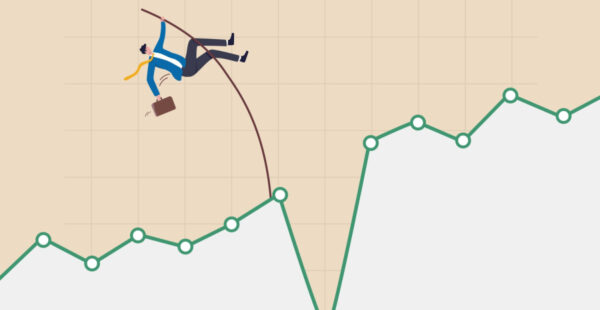Rate hike ‘difficult to avoid’ next month says analyst

Based on recent statements from the Reserve Bank of Australia (RBA), and with an expected higher-than-forecast June quarter consumer price index (CPI), one leading investment strategist believes it will be difficult for the Reserve to avoid lifting the policy rate next month.
While the central bank left few hints of its future intentions when it handed down its policy rate decision on 18 June, “tellingly”, said Stephen Miller an investment strategist at GSFM, the Reserve’s minutes spell out an “increased…risk that sustainable progress towards the inflation target may be slower than forecast”.
These risks, Miller argues, have only grown since this June meeting.
Combining partial data from recent retail sentiment and business surveys and the May CPI indicator, he suggests inflation is not only “sticky” but perhaps “stuck” at 4%.
While the RBA has argued that it cannot make a decision based on a single data point, “it would be folly to ignore serial indications of sticky inflation,” Miller said.
The expectations of a weakening labour market, as well as modest retail and construction numbers, putting a dampener on inflation will likely come to pass, Miller believes – though he cautions that the evidence of this remains “piecemeal at best”.
However, any confidence of a timely return of inflation back to target looks “under extreme challenge”, he said, and “certainly relative to the manner envisaged by the most recent RBA forecasts”.
Further bolstering his argument, Miller noted that while a policy rate hike was discussed at the June meeting, the case for a reduction was not.
Hints from the RBA indeed suggest a growing appetite for more aggressive action on sticky inflation.
He further underscored the words of RBA Governor Michelle Bullock that the RBA needs “a lot to go its way” to get inflation back to target. Evidently, with the CPI rate barely moving in six months – hovering a little over 4% since December 2023 – and recent fiscal action from the government likely to inject more cash into the economy, Miller argues that things are unlikely to go the Reserve’s way, necessitating further action from the board.
“Westpac research has shown that net government spending would increase aggregate demand by a chunky 2.2 percentage points of gross domestic product (GDP) in 2024-25, thanks largely to big-spending state governments erroneously purporting to provide cost-of-living “relief”, he said.
The view that recent government spending commitments will drive up inflation is not necessarily shared by economists. The rejigging of stage three tax cuts should also serve to temper the prospect of runaway inflation.
Miller warns, however, that the impact of government spending will be felt in future quarters rather than the June quarter.
“But even in the June quarter the RBA forecast is likely to be exceeded (as was its March quarter forecast), and maybe non-trivially so with a ‘4’ handle a distinct possibility.”
Previous RBA board statements have offered some clues to its future intentions, Miller notes, in one case expressing ‘limited tolerance for inflation returning to target later than 2026’.
All things considered, a policy rate hike cannot be ruled out – and given current indicators the likelihood of a ’tilt towards monetary tightening’ has only increased.
The current cash rate stands at 4.35%, unchanged since the beginning of November 2023.
As of today (3 July), the Australian Securities Exchange’s (ASX’s) Rate Indicator calculator predicts a 35% chance of a rate hike, up significantly from the 12% recorded the day after the June policy rate announcement.
The RBA board is scheduled to announce its decision on interest rates on 6 August.











The PHD in economics is the scariest. How many academics actually understand the real world
Money is leaving at a slower rate with this being considered by AMP management as a positive. Australia's Money Pit…
"Our recently launched digital advice solution for AMP Super members is providing simple, intuitive retirement advice at no extra cost.”…
Assistant to Bill Shorten...FoFA, A time when dozens of submissions were made, 90 odd submissions ranging from clients be sent…
Only way to get that 1.25 times back will be to move clients from Brighter Super into their SMA on…